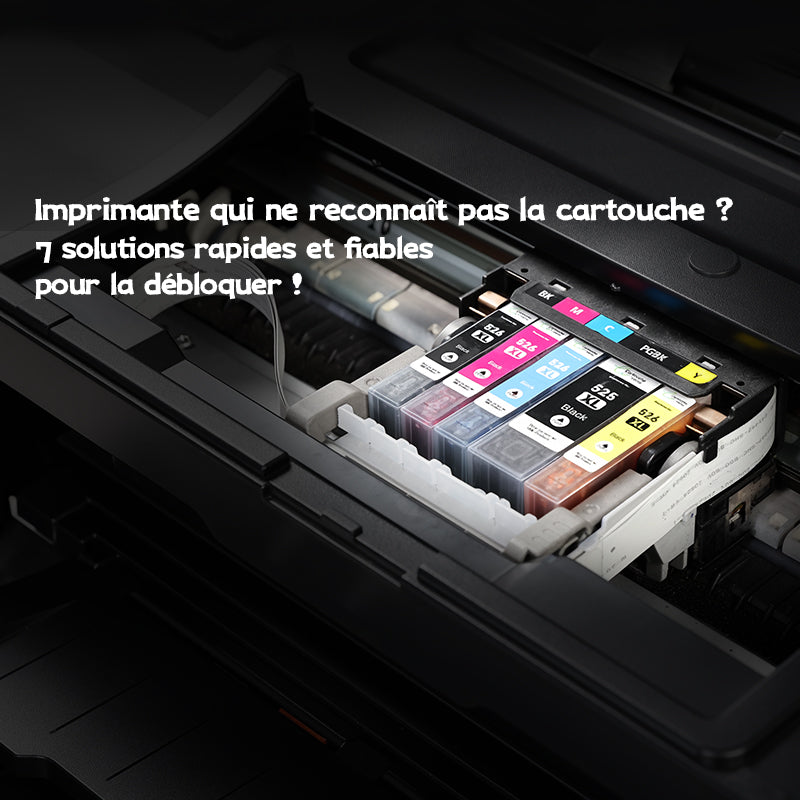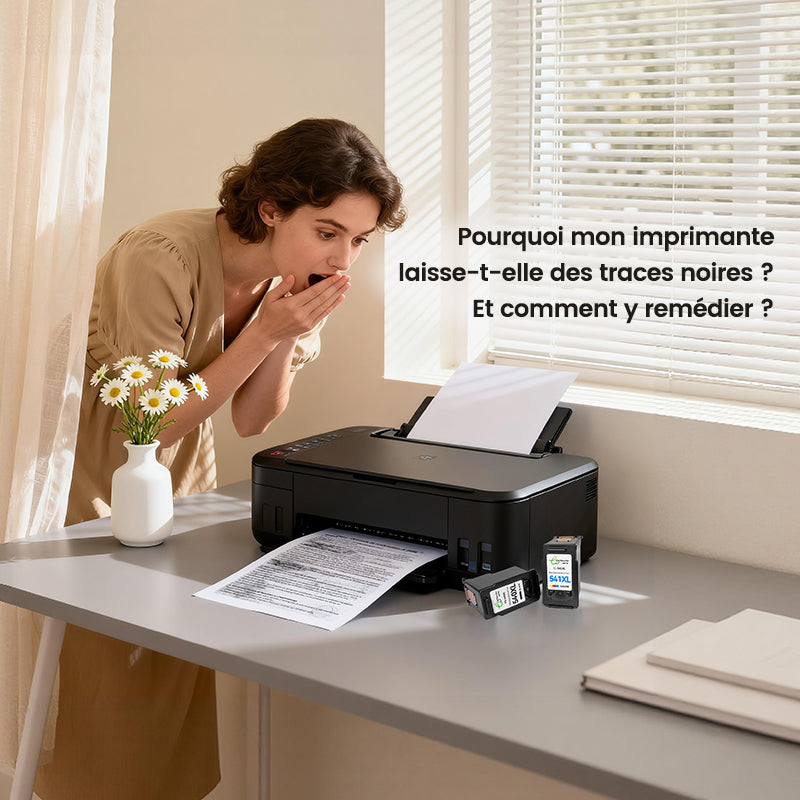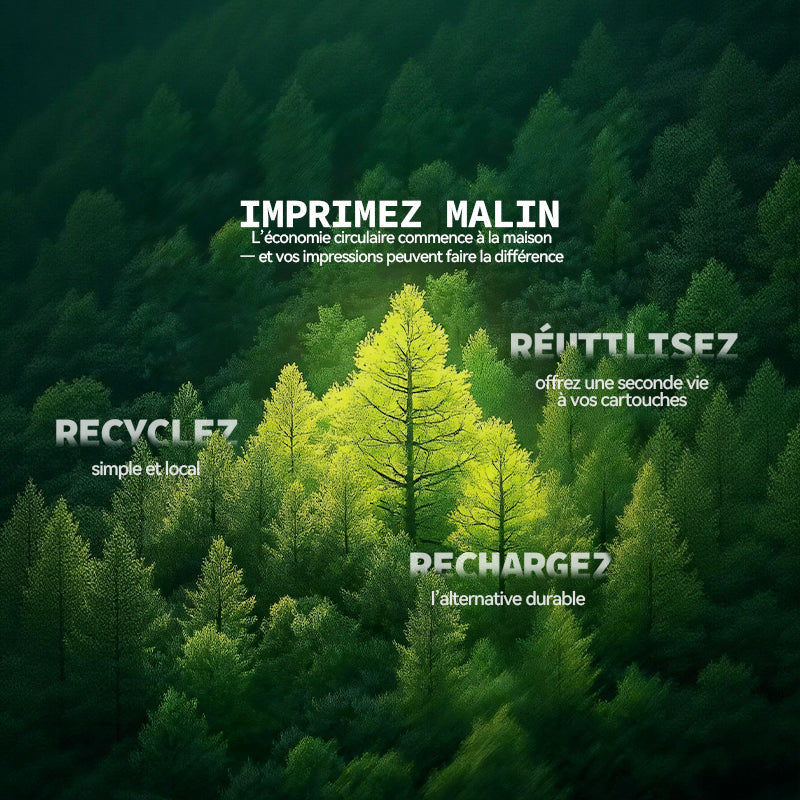【Ecology and Knowledge】15 little ecological tips for daily life, how many do you know?
Protect the environment
Start with small actions around you.
Come learn together
these little ecological tips for everyday life :
15 little eco-friendly tips for everyday life
Save water
Take showers instead of baths. Turn off the tap when using soap.
shampoo or shower gel, and turn it off immediately after finishing to
reduce water waste. Keep a dirty water bucket at home to collect
wash water and use it to flush toilets.
Save gas
Saving gas is also very important. How can you save?
Adopt good lifestyle habits. First, prepare the ingredients (wash
rice, vegetables, etc.). When cooking, start with a high heat to
that the flame covers the bottom of the pan. When the food is almost
cooked, reduce the flame. Reduce the heat to a minimum when removing the dishes, then
increase it again when you put the following ingredients in the
stove. This not only saves gas, but also reduces the
smoke pollution from unnecessary burning.
Try not to use lunch boxes, chopsticks or bags made of
disposable plastic. When you go out, bring your own lunch boxes,
cups, water bottles, etc. Adopt the habit of using small tissues in
tissue instead of paper napkins.
In this way you can reduce the amount of waste and lighten the
pressure on their processing. On the other hand, this allows production to be reduced
of plastic products, thus saving a large amount of raw materials,
of electricity and water resources.
Cherishing paper is cherishing the forest. Used paper is one of the most
more wasted in our daily lives. It is advisable to sort papers,
used newspapers and magazines. Sheets printed on one side can be
returned to serve as drafts or notes, or to be transformed into
notebooks. Outdated calendars can be used to cover books.
Place a storage box for used paper next to the printer.
Always reuse printed sheets of paper that can be reused. The various
used paper that can no longer be reused must be entrusted to
professionals to be treated according to their recyclable value.
Do not throw away the rice rinsing water. It can be used to water the
plants, washing the face or dishes. It has a fertilizing and detergent action
soft, without polluting the water. The noodle or dumpling soups that you don't
consume can also help degrease dishes, reducing
thus water pollution by detergents.
Use detergents carefully to reduce water pollution.
Refuse detergents containing phosphorus and use only detergents
phosphorus-free. If time and energy permit, wash your clothes at
hand as much as possible, this saves electricity and water.
Buy eco-friendly cars with low fuel consumption. Try not to
use the car when you go out.
For short distances, choose cycling or walking.
Turn off all electrical appliances at home and in the office after use.
Do not leave devices on standby for long periods. Set the
air conditioning temperature between 24 and 28°C. Buy refrigerators
energy efficient and keep a moderate volume when watching the
television.
Use more sustainable and reusable products. For example, use
reusable containers for storing food in the refrigerator instead
disposable plastic wrap. Use refillable ballpoint pens instead of pens
disposable. When going out or traveling, bring your own water bottle
to reduce plastic waste. Bring your own toothbrush and other
toiletries when traveling or on business trips
to avoid using disposable items provided daily by hotels.
In daily life, the use of batteries is becoming more and more common.
From TV and VCD remote controls to student MP3 players,
Batteries are ubiquitous. Therefore, the problem of their disposal
arises. It is recommended that you collect all used batteries that you
throw them away and then take them to specialized factories for treatment
appropriate.
Many products, such as cosmetics and food supplements,
have packaging costs representing 30% to 50% of the total cost.
Excessive packaging increases economic burden
consumers, increase the amount of waste and pollute
the environment.
When shopping, try not to use plastic bags.
plastic. Take a cloth bag or basket with you when you go shopping.
When eating out, bring your own chopsticks and spoons.
Use fewer takeout boxes, paper cups and plastic plates.
paper, and especially avoid using disposable chopsticks.
Do not consume wild animals or use derivative products.
of wild animals. Avoid restaurants that serve wild animals.
Do not wear clothes made from rare animal fur and do not use
products made from wild animals or plants, such as ivory,
tiger bones or redwood furniture. Protecting nature is what we do.
protect ourselves. Let us all build a nature reserve in our hearts.
Many old objects can be reused. Try transforming
seemingly useless objects into small accessories or useful household items.
For example, make a photo frame with white polystyrene, create a
bed cover or wall hanging with fabric scraps or clothing
old-fashioned, make various decorative objects with plastic juice bottles
of fruit, or make postcards and greeting cards with paper
used. With a little imagination, you can transform many objects
useless in personal creations, combining relaxation and respect for the environment,
a winning solution.
15 little eco-friendly tips for everyday life Did you remember them?
Ecology is as simple as that.
If everyone participates in protecting the environment, our world will become more beautiful.
























